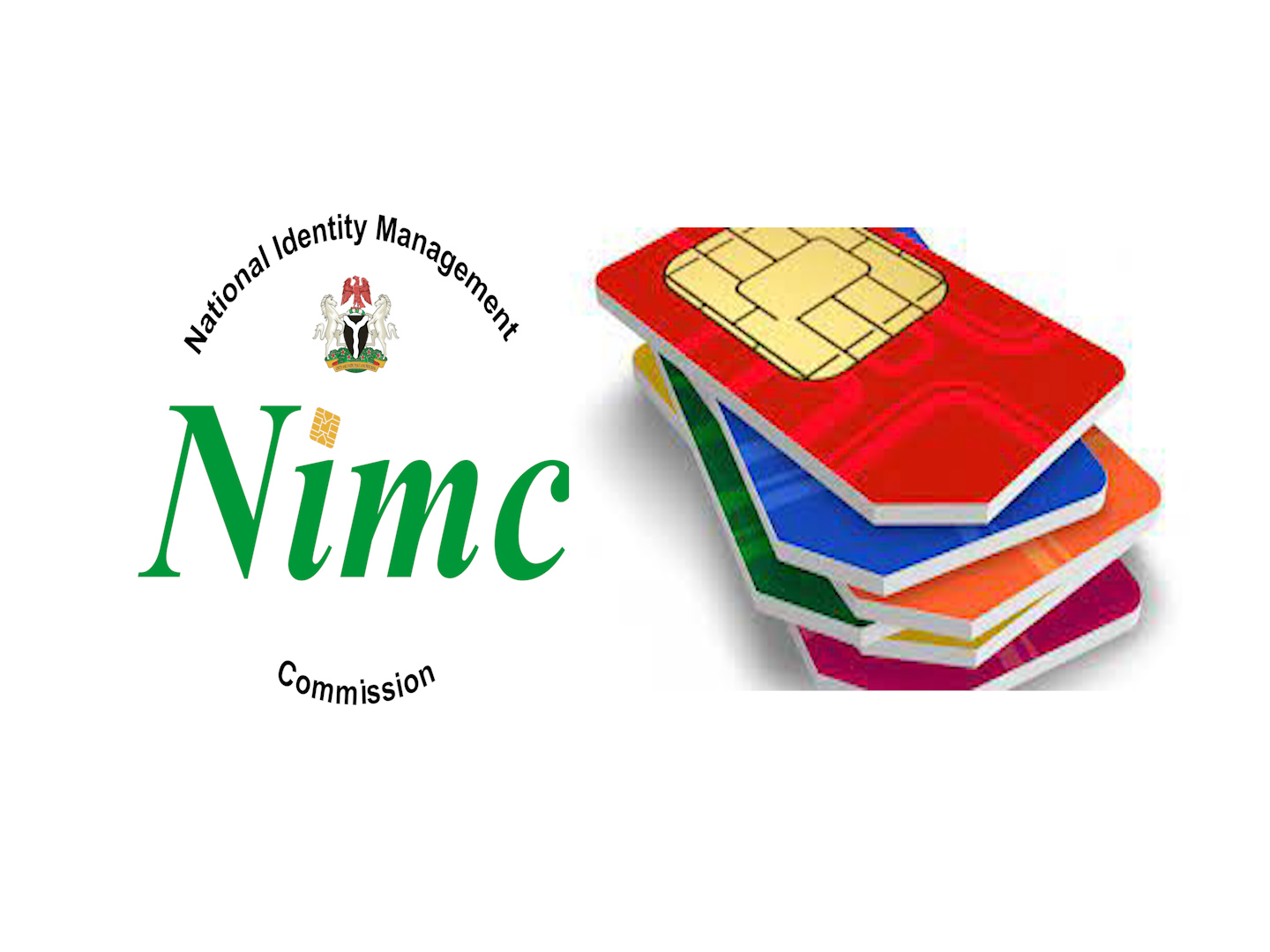In December 2020, the Minister of Communications and Digital Economy, Isa Ali Pantami, directed that all Subscriber Identification Module (SIM) cards should be linked to their owners’ National Identification Numbers (NINs). This followed an earlier order of the Nigerian Communications Commission (NCC) which suspended registration of new SIM cards by telecom operators. Pantami directed that the exercise for the synchronisation of SIM cards with NIN was to take place within two weeks; December 16 to 30, 2020, after which all SIMs without NINs were to be blocked.
Speaking in May 2021 at the launch of the National Policy for the Promotion of Indigenous Content in Nigerian Telecoms Sector and Revised National Identity Policy for SIM Cards Registration in Abuja, President Muhammadu Buhari noted that the synchronisation of SIM cards with NIN would help to cover the nation’s security structure and identify the criminals terrorising Nigeria. “We will be able to easily identify and know the personality of Nigerians. We will identify people easily, including the crooks,” President Buhari said.
After several extensions of the initial deadline announced by Pantami, the federal government finally directed all network operators to as from April 4, 2022 bar outgoing calls from telephone lines that failed to comply with the SIM-NIN linkage policy. In a statement jointly signed by the National Communications Commission (NCC) and the National Identity Card Management Commission (NIMC), the Minister of Communications and Digital Economy commended Nigerians and legal residents for the compliance level in registering and linking their SIM cards to their NINs. “125 million SIMs have had their NINs submitted for immediate linkage, verification and authentication, and the National Identity Management Commission (NIMC) has issued over 78 million unique NINs till date”, Pantami said.
Having suffered enough travails from insurgency, banditry, cattle rustling, kidnapping, ritual and cult killings, Nigerians were prepared to endure the troubles of obtaining and linking their SIM cards to NIN; believing that the exercise was tremendously going to help security agencies to nip all forms of insecurity in the bud. In the digital age, modern technology is one of the most effective tools for battling criminals and their activities.
Regrettably, the spate of kidnapping only continued to heighten for the over one year that the SIM-NIN synchronisation exercise lasted. Telephone lines have and are still being freely used by criminal elements to contact, bargain and arrange with relations of their victims for the collection of huge ransoms with no single kidnapper intercepted or arrested by security agencies. Nothing changed for the better even after unsynchronised SIM cards were blocked.
There clearly exists an obvious disconnect between the SIM-NIN linkage and the expectations of Nigerians; suggesting that terrorists have not only had their SIMs synchronised with their NIN but further indicates that the SIM-NIN linkage has failed to achieve the purpose it is meant to serve.
A SIM card is not the only personal item which the government provides for its harmonisation with NIN. To obtain or renew an international passport also requires synchronisation of the biodata provided on the passport with those on NIN. Any disparity in the information on the passport application with those on NIN automatically stops the process from proceeding further until all pieces of the information on both documents perfectly match with one another. The same approach applies in linking an individual’s bank accounts with their Bank Verification Number (BVN) where even an error in the spelling of names in one of the accounts would prevent the owner from carrying out any form of transaction until the error is sorted out. However, that is not the case with the NIN-SIM synchronisation, where this uniformity in data is not required.
Also, we are still searching for reasons to explain why blocked lines are barred from making phone calls, but they can receive calls through numerous applications like Whatsapp, Telegram, Instagram, Facebook etc. In fact while the blocked lines cannot make phone calls, they are still commercially viable because data and text messaging services remain viable. This in itself undermines the whole point of the synchronisation. There is a need for the mobile phone operators to review this with a view to tightening the process in such a way that the aim of the exercise is achieved. So far, NIMC and the NCC have collectively failed to convince Nigerians that the SIM-NIN synchronisation exercise had any strategic goal to fight insecurity. Many Nigerians expected that there would have been a significant drop in the spate of insecurity across the country by now, but that is not the case. We, therefore, urge the security agents to work closely with the internet providers to ensure that this exercise actually yields results. We also call on Nigerians to support the process by linking their NINs with their SIMs.
Finally, we call on the NIMC and the NCC to correct all incongruities in the procedure of SIM-NIN linkage to ensure that this policy works. Government must expressly demonstrate the political will to end insecurity in Nigeria. Technology must maximally be deployed to tackle banditry, kidnapping and all organised crimes.

 Join Daily Trust WhatsApp Community For Quick Access To News and Happenings Around You.
Join Daily Trust WhatsApp Community For Quick Access To News and Happenings Around You.


